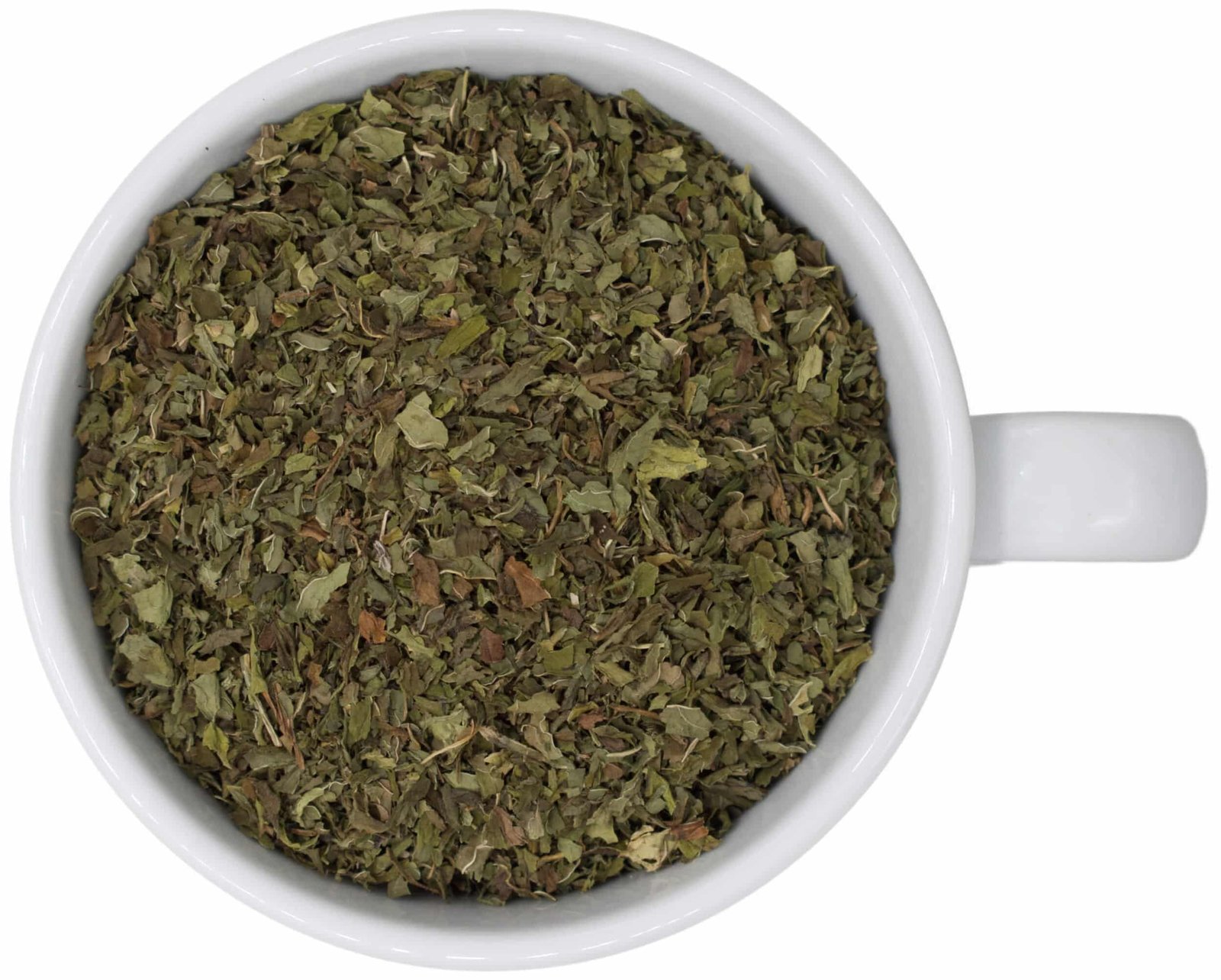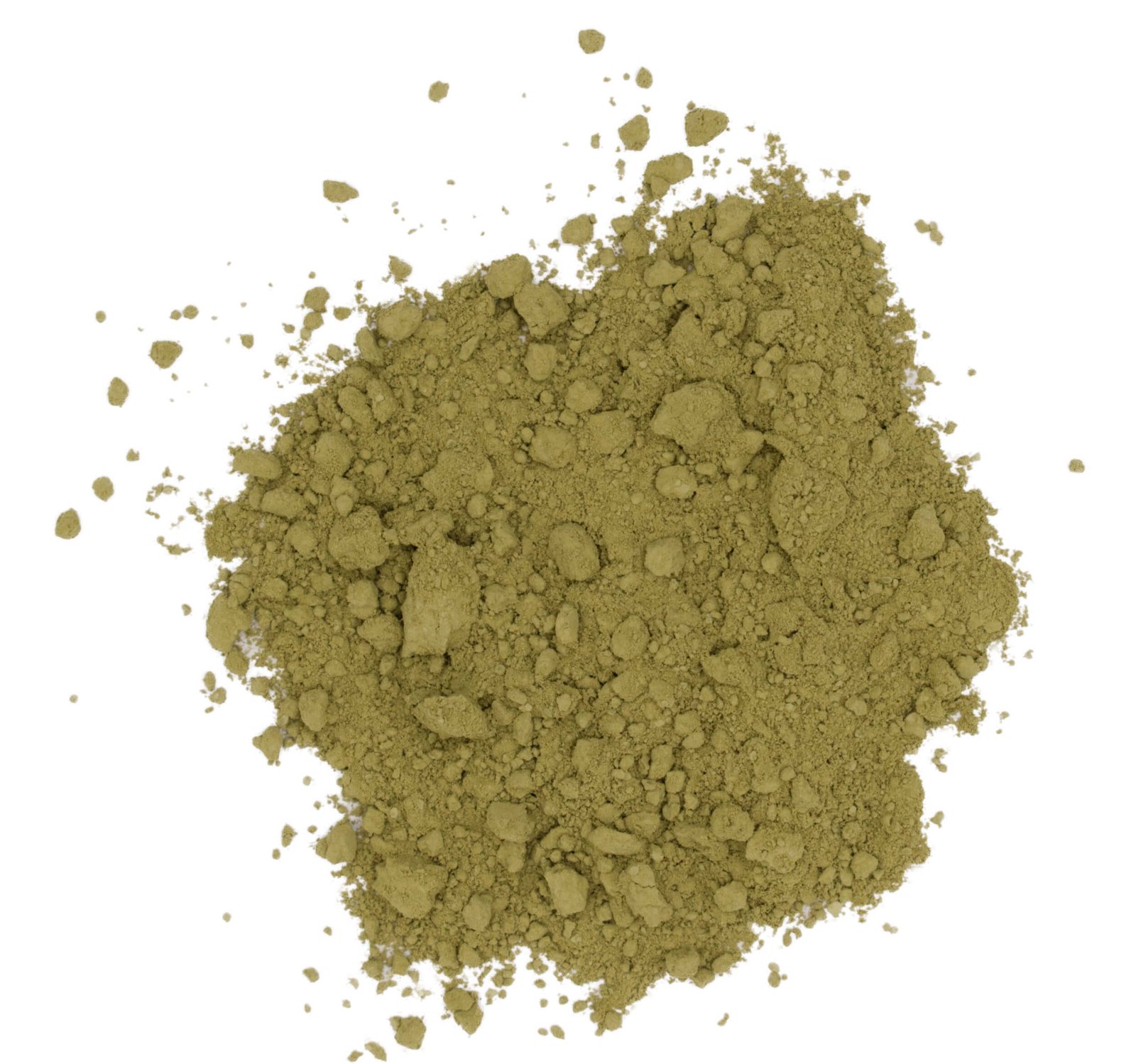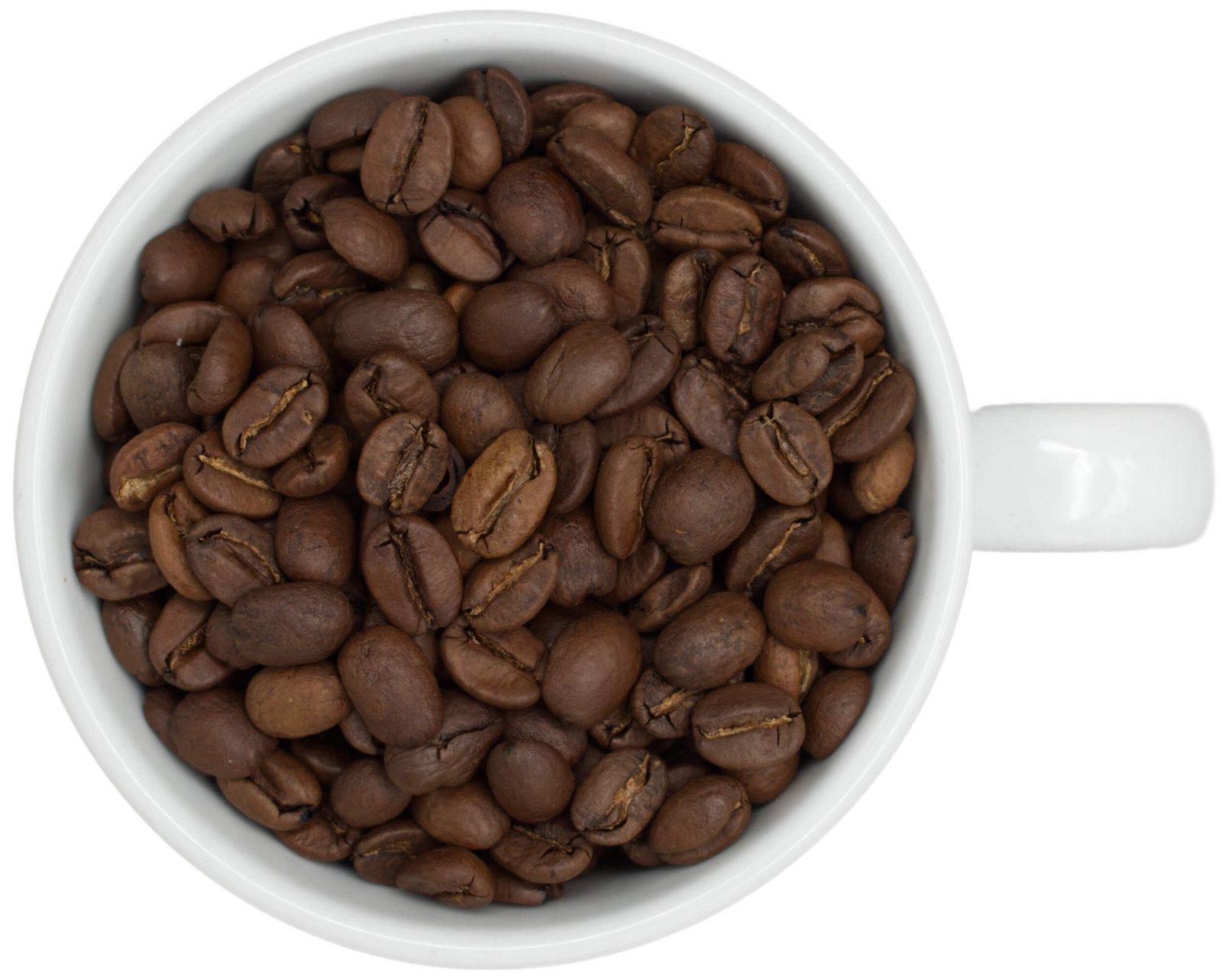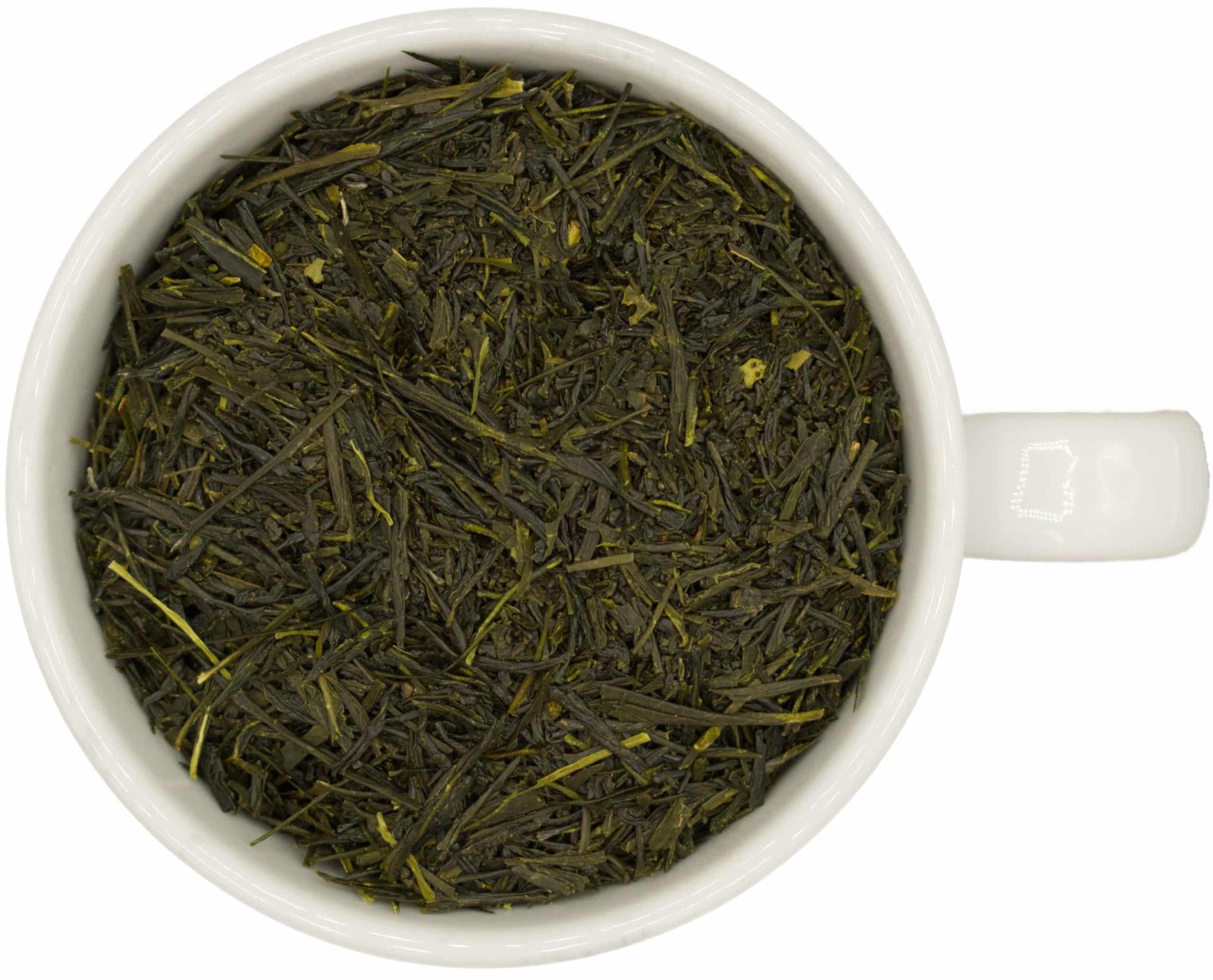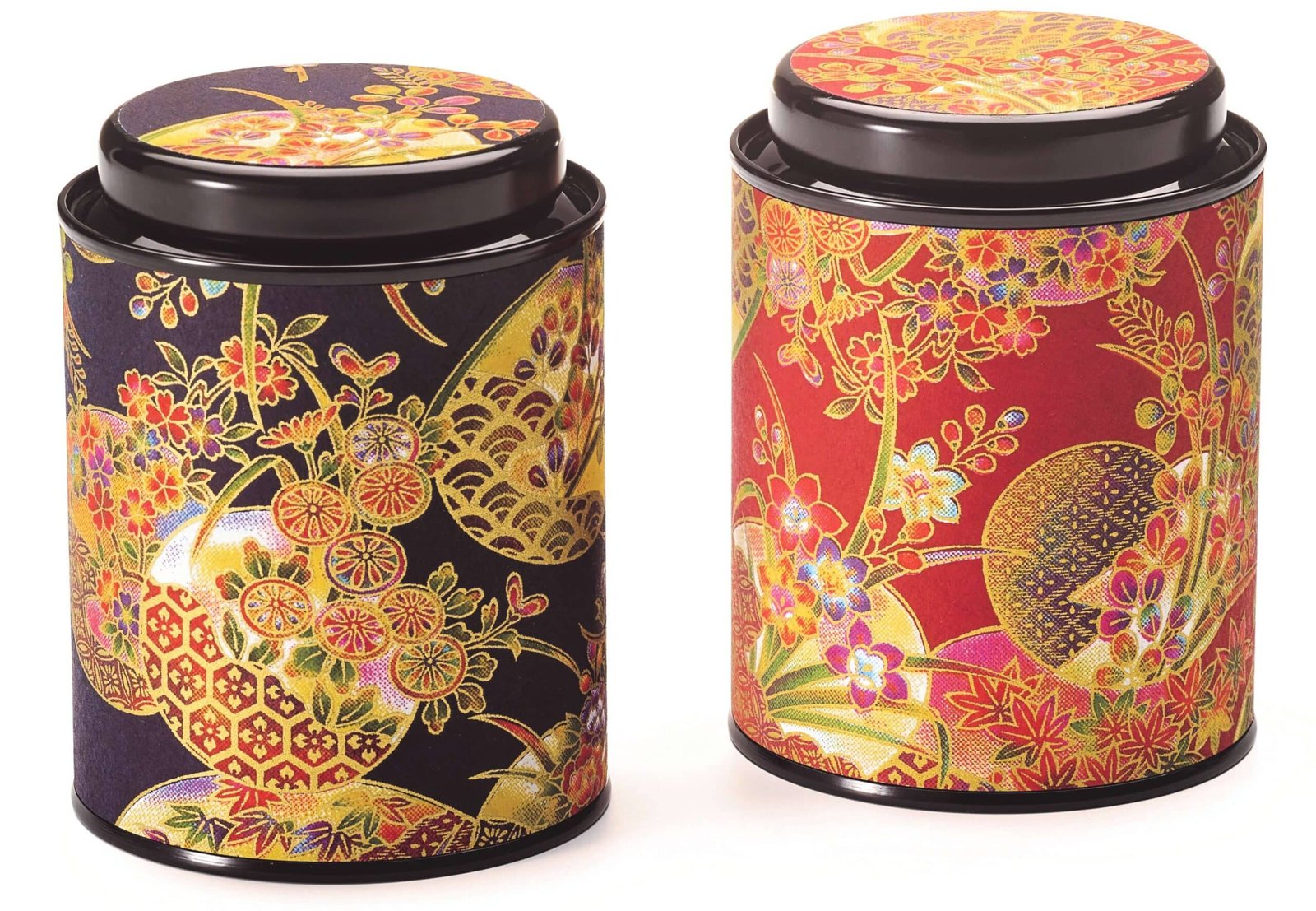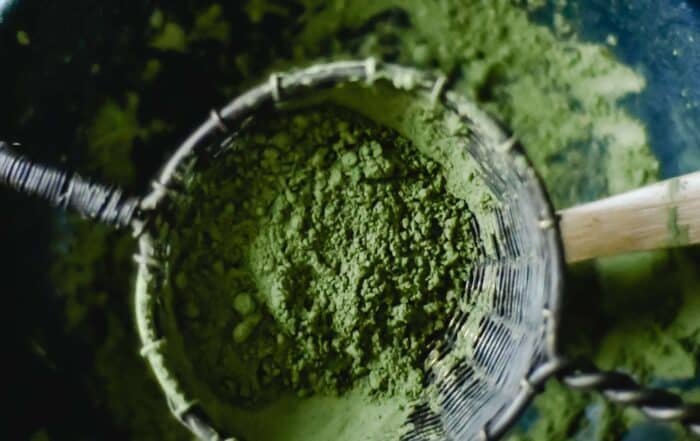You’ve looked around our store and found great teas. Now, of course, you want that great aroma to last for a long time. We’ll explain how to do that here. You’ll also learn how to tell if you can still drink a tea with a clear conscience.
Optimally, tea is stored in an airtight container. Contact with the air changes the appearance and taste of the tea. Aromas can escape. You can do this ideally in our tin cans, for example.
Store your tea in a cool and dry place, protected from the sun. In addition, you should keep the tea away from strong smelling foods like spices.
How long is the shelf life of tea
Tea has a relatively long shelf life as a dry food. Teas with flavors usually have a shelf life of about 18 months, teas without flavors have a shelf life of about 24 months. Just look for the best before date on the packaging. Best before date does not mean “Dangerous from” or “Discard from”. Even after the best-before date, teas (like many other foods) are still edible.
There is no best before date on meat and fish products, but “to be consumed by”. In fact, the following applies here: The product should not be consumed after the specified date.
The best-before date is an indication by the manufacturer until which the taste and properties of a product are guaranteed.
So now if you have a tea whose best before date has expired, you can trust your senses. Feel, see, smell and taste the tea.
If the tea is moist (for example, if it has been stored incorrectly or if the bag is defective), it may be advisable to discard the tea. Moisture is an ideal breeding ground for bacteria and fungi.
Look at the tea. Are there any abnormalities such as white dots, spots or even threads? Then it may be appropriate to dispose of the tea. Some ingredients may change over time without being a cause for alarm. Fruits, for example, can crystallize. In the case of chocolate ingredients, temperature fluctuations can cause fat to escape and form a white film. Both can look suspicious, but are absolutely harmless. If you are unsure, feel free to ask us.
Once the “eye test” is passed, smell the tea. Does this smell rancid or like a cellar? Away with it! Last but not least, trust your sense of taste. This one will tell you if something is wrong.
Leave a comment
We think you might like this
Pssst… We’ll write more here!
Making tea: how to make Matcha
At True Tea you will find everything for your Matcha. Want to learn how to ...
What is the CTC tea production?
CTC is a newer production process for black teas. Compared to the traditional method ...
Basic knowledge of tea: How do I prepare tea correctly?
How to properly prepare tea If you do a little research on the topic ...
7 Good reasons for True Tea



